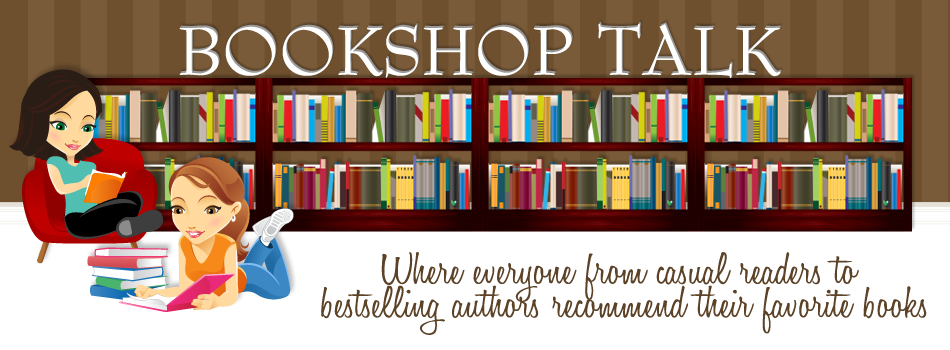Guest Blogger, Laura Madsen - mom, veterinarian and writer
Last year to celebrate Banned Books Week I reread TO KILL A MOCKINGBIRD. Like another classic, HUCKLEBERRY FINN, it’s been challenged numerous times because of racism and the word “nigger.” (Read an example here).
Challenged at the Brentwood, TN Middle School (2006) because the book contains “profanity” and “contains adult themes such as sexual intercourse, rape, and incest.” The complainants also contend that the book’s use of racial slurs promotes “racial hatred, racial division, racial separation, and promotes white supremacy.”
To those people I say: Trying to cover up our country’s painful race problems, both past and present, puts you in the same class as the Holocaust deniers—those people who, despite ample evidence to the contrary, deny that six million Jews were murdered by Nazi Germany. Those who cannot remember the past are bound to repeat it.
I want my daughters to read TO KILL A MOCKINGBIRD—to feel the oppression and pain and cruelty of racism, to understand why the scars of slavery are still raw in this country. I would also point out that the book, if anything, promotes unity and racial understanding. Atticus Finch is a white attorney defending a wrongfully accused black man, Tom Robinson. (Sound like something that could happen in 2011?) He knows that the jury will find the accused guilty, and knows that taking the case may be a career-ending move, but he defends Tom anyway, because it is the right and just thing to do. When he suspects that a lynch mob may come for his client, he camps out in front of the jail, alone and unarmed. Atticus is a hero.
Consider this conversation, between Atticus, his son Jem, and his sister Alexandra, at home after the guilty verdict is handed down:
“It ain’t right, Atticus,” said Jem.
“No son, it’s not right.”
Aunt Alexandra was waiting up. […] “I didn’t think it wise in the first place to let them—”
“This is their home, sister,” said Atticus. “We’ve made it this way for them, they might as well learn to cope with it.”
“But they don’t have to go to the courthouse and wallow in it—”
“It’s just as much Maycomb County as missionary teas.” […]
“Atticus—” said Jem bleakly.
He turned in the doorway. “What, son?”
“How could they do it, how could they?”
“I don’t know, but they did it. They’ve done it before and they did it tonight and they’ll do it again and when they do it—seems that only children weep.”
It’s like Harper Lee is addressing her critics in this passage. She reminds us that racism is part of the history of this country; that our children need to know about its terrible legacy; and that children understand the moral wrongness when adults might have grown complacent.
Continuing our coversation from Banned Book Week, please let us know what you think of Laura's thoughts on schools or libraries banning TO KILL A MOCKINGBIRD.






















8 comments:
I agree that we need to remember our past sins, mistakes, and national missteps. To ban these classics is to bury our heads in the sand and pretend we have always been enlightened and unbiased. It is an affront to those who died in a country plagued by violence and bigotry. We must all share this pain, let it pass into us, so empathy survives in all of us. Thank you for a very good post.
Well said, Charlie. Thank you.
Thank heaven there has been so much progress in this country since the days of Mockingbird. And we could just as easily say that all books written before the 1970s or so should be banned because women were treated so unequally.
I'm glad people are so sensitive about the "N word," but because we cringe when we read it, that helps in the progression of our nation toward realizing how ashamed we should be of this part of our past.
Thanks for another great post, Laura!
I haven't read the book yet,but loved the movie.
This was one of the very few books shoved down my throat in high school that I actually loved. One reason I usually read fantasy is because good fantasy transcends any given time period. To Kill a Mockingbird has that quality, too. It's not just about racism in the mid-1900's. It's about growing up and learning the world is a different place than we thought; of how horrible things happen to innocent people; about what justice and "created equal" means; about the perils of thoughtless judgement (both by race and appearance, cue Boo Radley); and about doing what is moral even when moral isn't popular. That's why I loved it. Most literature handed to me in English class was about adultery. This book was about honor. Even if racism became a matter of purely historical interest, this book will hold relevance. Also, it was terribly good storytelling.
Wonderful essay. I love this book, and what it represents. I personally do not want to protect my children from great literature and a powerful message.
There are some ugly things in To Kill a Mockingbird. But I don't think pretending there aren't ugly things does are kids any favors. To Kill a Mockingbird is wonderful because it shows that there is evil, but that there is good as well. And good does have power.
"I want to win a book."
Getting upset about books like TKAM or Huck Finn using the n-word is missing the entire point of both works. It's like getting upset because you drank a glass of water and discovered that it was wet.
I want to win a book.
Post a Comment